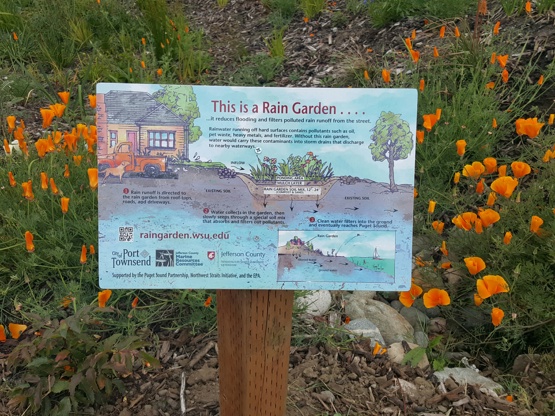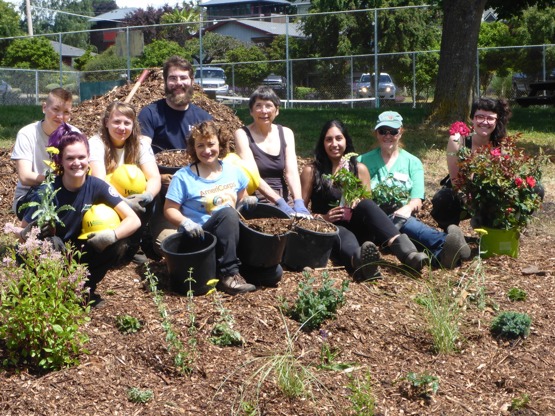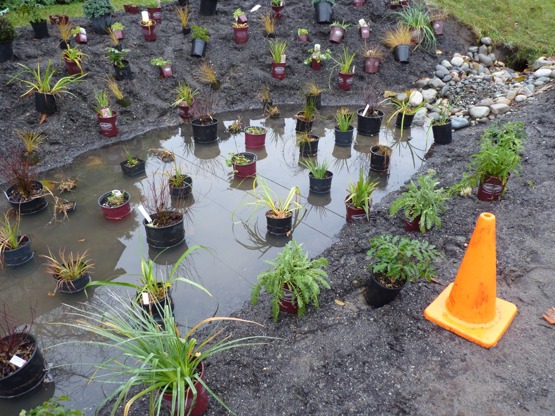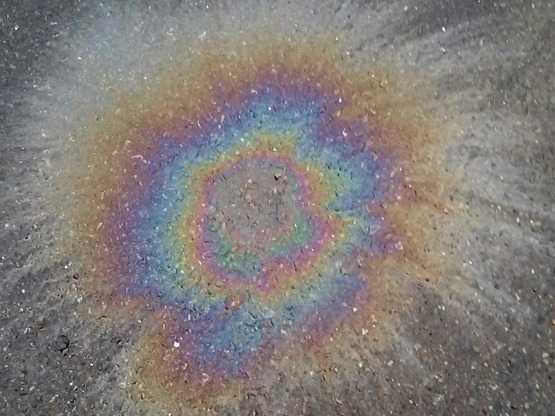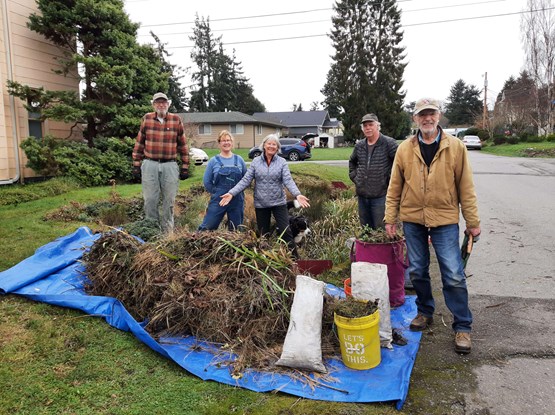 2022 Rain Garden Maintenance Work Party.
2022 Rain Garden Maintenance Work Party.
ADOPT A RAIN GARDEN
Be a part of East Jefferson County’s natural stormwater solutions by helping to care for a rain garden in your area! The MRC’s rain garden program is, at its heart, a community project with rain gardens built and cared for largely by volunteers. Rain gardens require just a small amount of maintenance, with only a handful of days needed to weed, water, and mulch throughout the year. The MRC can support by providing educational resources and garden supplies, responding to questions, and organizing work parties when some extra hands are needed. Maintaining rain gardens not only help to treat stormwater runoff but also offer a way for volunteers to connect with other community members while beautifying our neighborhoods and supporting pollinators. To see the list of rain gardens in need of a little extra care and sign up to become a steward, visit: www.bit.ly/RainGardenStewards.
